How Pre-Existing Conditions Affect Personal Injury Claims
Exploring the intricate landscape of personal injury law becomes particularly intricate when pre-existing conditions are involved. These conditions, which existed prior to the injury in question, can greatly affect the outcome of a claim, influencing both the strategy for pursuing compensation and the potential settlement amounts. Understanding the legal nuances, from the application of the Eggshell Skull Rule to the importance of thorough documentation and expert testimony, is paramount. As we delve into these challenges, one must consider the delicate balance between transparency with insurers and the strategic management of sensitive medical information. This discussion invites a closer look into the tactical considerations essential for effectively managing personal injury claims under such circumstances.
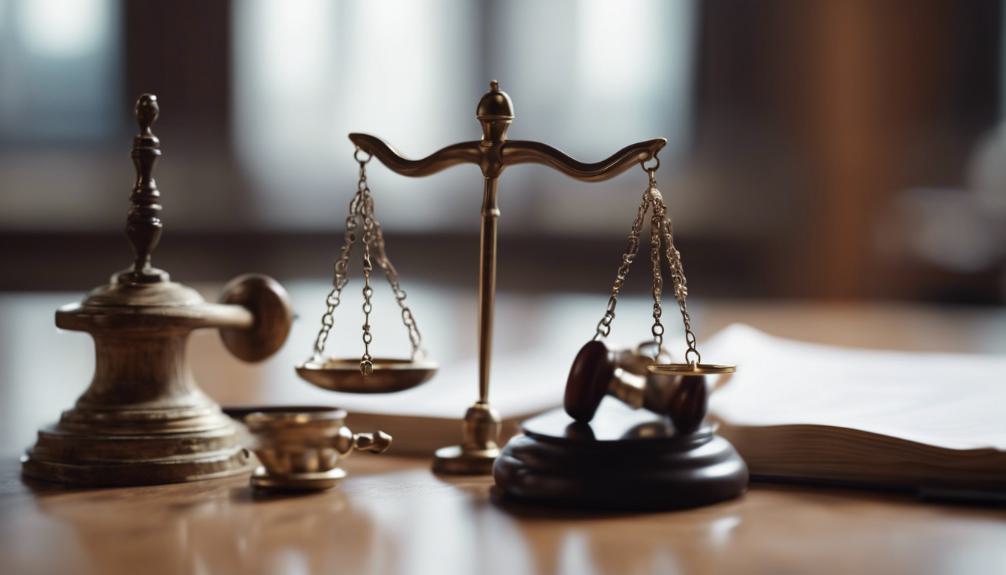
Key Takeaways
- Pre-existing conditions must be disclosed to avoid claim denial and impact on compensation.
- Medical professionals play a crucial role in evaluating how pre-existing conditions affect new injuries.
- The Eggshell Skull Rule can ensure individuals are compensated fairly, regardless of pre-existing conditions.
- Comprehensive documentation and expert testimony are vital in proving the extent of injury exacerbated by pre-existing conditions.
Defining Pre-Existing Conditions
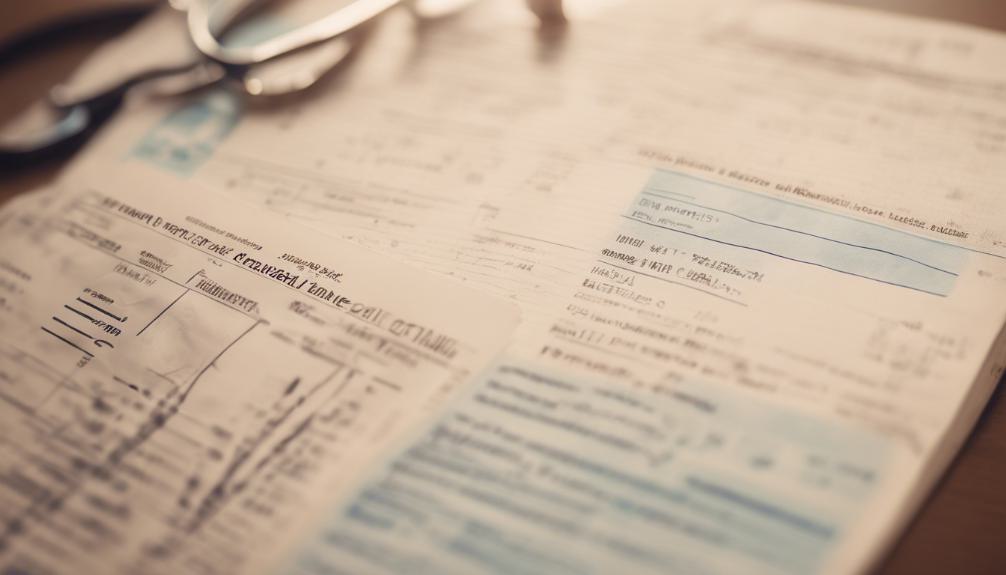
In the context of personal injury claims, a pre-existing condition refers to any health issue or injury that an individual had prior to the accident or event leading to the current claim. Understanding the definition and importance of these conditions is vital for both claimants and legal professionals. Pre-existing conditions can include a wide range of health issues, from chronic illnesses to previous injuries that may have healed or still be undergoing treatment. The presence of such conditions is important because it can greatly impact the process of seeking compensation. Despite these challenges, individuals with pre-existing conditions have the right to seek compensation for new injuries or the exacerbation of their pre-existing conditions caused by an accident or negligence.
Legal Strategies and Considerations
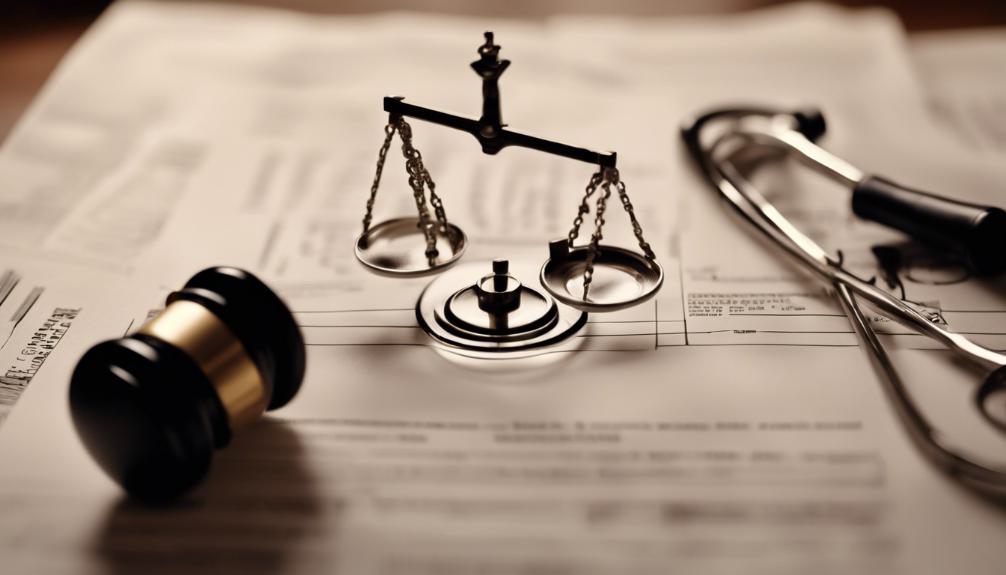
Handling personal injury claims involving pre-existing conditions requires a nuanced understanding of legal strategies and considerations to guarantee fair compensation. It's important to disclose pre-existing conditions during the claims process, as withholding such information can lead to the denial of coverage or reduction in compensation. Engaging medical professionals to evaluate the impact of the injury on pre-existing conditions is essential, as their expert testimony can greatly influence the outcome. Additionally, providing a thorough medical history and records is essential to substantiate the claim. Legal practitioners often rely on expert witnesses to elucidate how an accident has exacerbated pre-existing conditions, which plays a critical role in securing adequate compensation for the injured party.
Navigating the Legal Process

Handling the legal process for personal injury claims involving pre-existing conditions requires a thorough understanding of the steps and legal rights involved. It is vital to consult with a legal professional who can navigate the complexities of such cases. This includes understanding the implications of the Eggshell Skull Rule, which protects those with pre-existing conditions by ensuring they are not denied compensation for injuries because they were more susceptible to harm. Further, disclosing pre-existing conditions to insurers is important to avoid potential legal complications. Legal professionals will guide through the authorization and review process of medical records, advising on the best strategies to present your case effectively while safeguarding your rights and maximizing the potential for a fair settlement.
Evidence Collection and Documentation
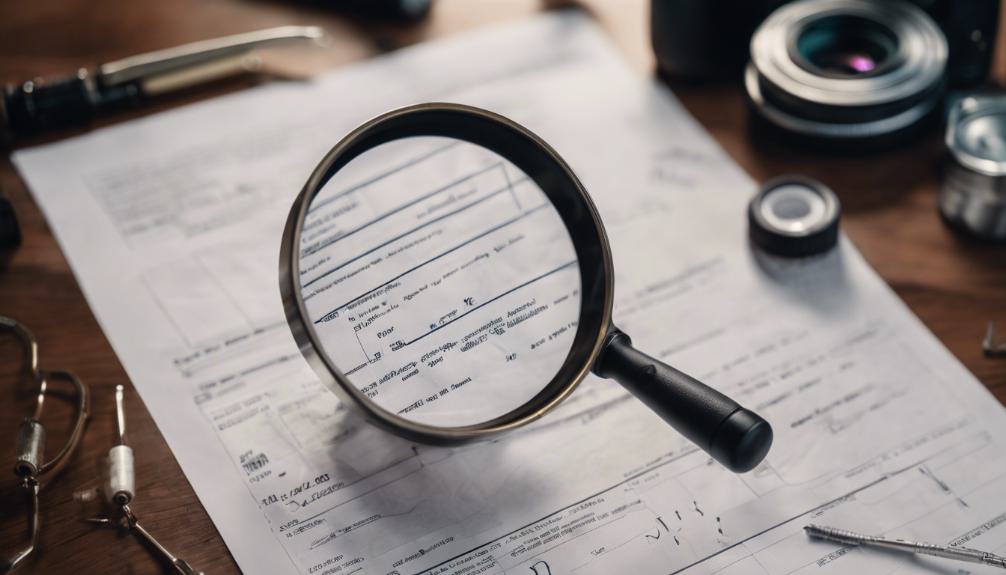
Gathering robust evidence and meticulous documentation plays a pivotal role in the success of personal injury lawsuits, especially when pre-existing conditions are involved. This process entails securing all relevant health records that clearly outline the individual's medical history before and after the injury. It's essential to obtain detailed documentation, including diagnostic tests, treatment records, and expert evaluations, to distinguish between injuries caused by the incident and pre-existing conditions. Additionally, collecting eyewitness accounts and physical evidence from the accident scene further strengthens the case. Documentation of income loss due to the injury is also vital, as it provides a quantifiable measure of the financial impact. Altogether, thorough evidence collection and documentation are indispensable in proving the extent of the injury and securing fair compensation.
Understanding the Eggshell Skull Rule

The Eggshell Skull Rule, frequently invoked in personal injury cases, posits that defendants must take plaintiffs as they find them, regardless of pre-existing conditions. This legal doctrine is pivotal for individuals with vulnerabilities that could exacerbate the impact of an injury. It underscores the principle that a defendant cannot diminish their liability simply because the plaintiff's pre-existing conditions made them more susceptible to injury. Essentially, this rule guarantees that the frailty of a victim does not excuse or lessen the responsibility of the defendant for the damages caused. It champions fairness by making sure that victims receive compensation proportional to the harm experienced, irrespective of their physical state prior to the incident.
Impacts on Settlements and Legal Actions
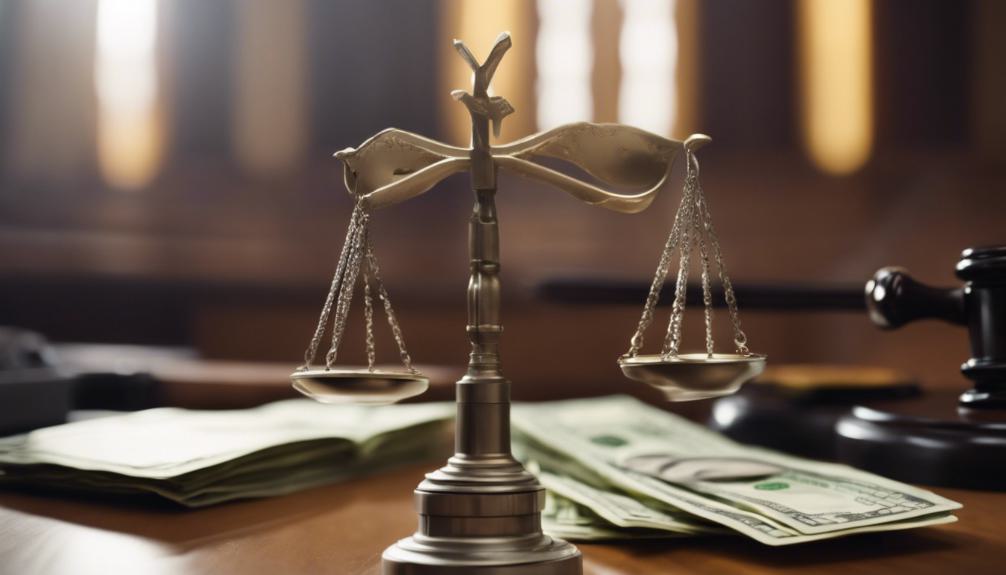
Understanding the ramifications of pre-existing conditions on settlements and legal actions is important for anyone managing a personal injury claim. The presence of pre-existing conditions can greatly affect the outcome of these claims, often complicating the process of securing fair compensation. Insurance companies may argue that the injuries for which compensation is sought were not directly caused by the incident in question but rather are related to the pre-existing condition. This can lead to reduced settlement offers or even outright denial of claims. Legal strategies to counter such arguments include detailed medical evaluations and the use of expert witnesses to establish the direct impact of the incident on the claimant's health. Successfully handling these challenges requires thorough documentation and clear evidence of the injury's severity and its relation to the incident.
Resources and Expertise.com Overview
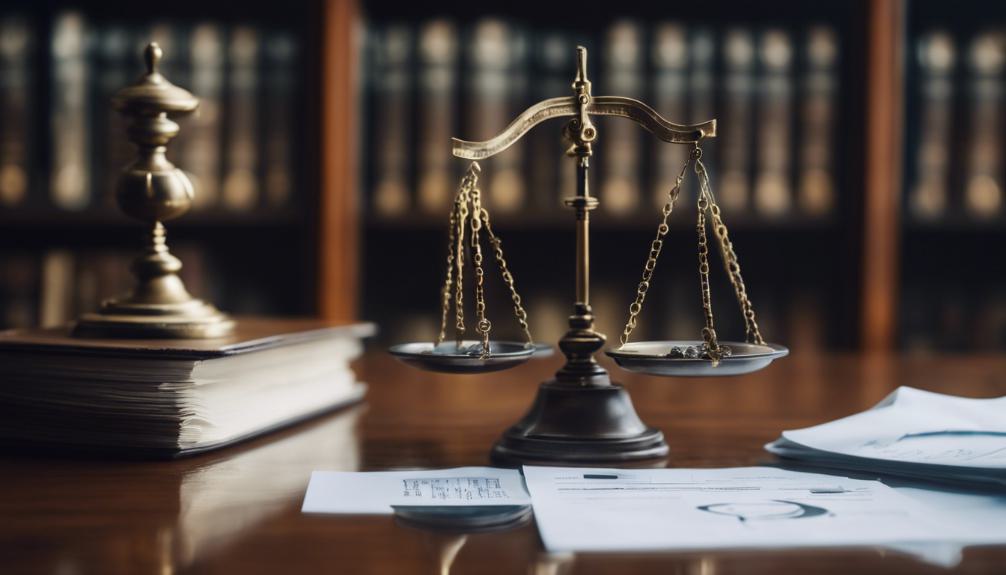
Handling the complexities of personal injury claims with pre-existing conditions underscores the significance of utilizing reliable resources and expertise, such as those provided by Expertise.com. This platform stands out for its thorough updates on personal injury laws across different states, making it an invaluable tool for individuals managing the intricacies of such claims. Expertise.com's commitment to credibility and accuracy, backed by endorsement from top experts and thorough fact-checking processes, guarantees that users have access to information they can trust. Additionally, the website encourages visitors to explore a wealth of resources, including contact information for further assistance, underscoring its role as a pivotal resource for those seeking to understand or pursue personal injury claims with pre-existing conditions.
Frequently Asked Questions
How Do I Communicate My Pre-Existing Conditions to My Attorney Without Compromising My Privacy Rights?
To address concerns about privacy while communicating pre-existing conditions to your attorney, guarantee a confidentiality agreement is in place. This safeguards your information, allowing transparent discussions essential for effective legal representation without compromising privacy rights.
Can the Improvement of a Pre-Existing Condition Due to an Accident Impact My Personal Injury Claim Positively?
In a twist of fate, the improvement of a pre-existing condition due to an accident may positively influence a personal injury claim, potentially leading to a unique compensation scenario that reflects the unexpected beneficial outcome.
Are There Specific Types of Personal Injury Cases Where Pre-Existing Conditions Are More Likely to Affect the Outcome of the Claim?
Yes, certain personal injury cases, such as those involving soft tissue injuries or chronic conditions, may be more substantially impacted by pre-existing conditions due to challenges in distinguishing new injuries from pre-existing issues.
How Do Changes in State Laws Affect Ongoing Personal Injury Claims With Pre-Existing Conditions?
Changes in state laws can greatly impact ongoing personal injury claims by altering legal standards, compensation limits, and procedural requirements, potentially affecting the evaluation and outcome of claims involving individuals with pre-existing conditions.
What Role Do Personal Injury Claim Adjusters Play in Determining the Relevance of Pre-Existing Conditions to the Current Injury Claim?
Plotting the murky waters of insurance claims, personal injury claim adjusters serve as the compass, determining the relevance of pre-existing conditions to current injuries, thereby influencing coverage, compensation, and the overall outcome of the claim.
Conclusion
To sum up, traversing the labyrinthine pathways of personal injury claims with pre-existing conditions necessitates a keen understanding of legal nuances and procedural intricacies. It is imperative for claimants to arm themselves with detailed evidence and expert opinions, ensuring transparency while safeguarding against potential pitfalls. This judicious approach not only fortifies the claim but also underscores the importance of equitable treatment within the judicial arena. Therefore, meticulous preparation and strategic legal counsel emerge as linchpins in the quest for just compensation.

This post has been generated by AI and was not reviewed by editors. This is Not legal advice. Please consult with an attorney.


![Average Settlements For 18-Wheeler Accidents [2024] 28 18 wheeler accident settlements 2023](https://lawsuitlegit.com/wp-content/uploads/2024/03/18_wheeler_accident_settlements_2023-250x143.jpg)

